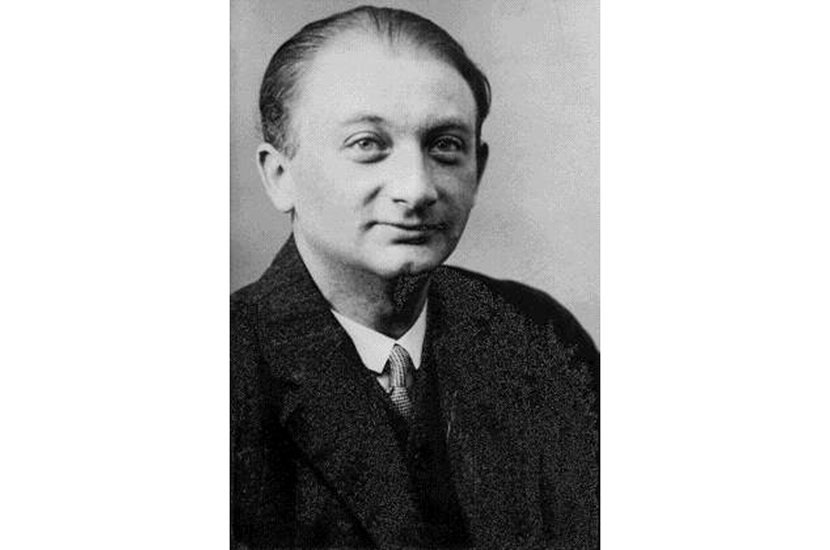It is a truism that a book needs readers in order to have a meaningful existence. Hugo Hamilton’s The Pages both develops and inverts that relationship. It not only tells a story to its readers; it tells the story of its readers. To paraphrase its own words, it accumulates their inner lives. It becomes the agency that drives them — in one case to his death.
The book is Joseph Roth’s 1924 novel Rebellion, which depicts the fate of the disabled soldier Andreas Pum in the chaos of post-war Germany. The copy in question was rescued from Goebbels’s book-burning by a literature student, Dieter Knecht. It has come into the possession of his American granddaughter, Lena, who brings it back to Berlin, determined to uncover the secret of a mysterious map inserted by its original owner.
Hamilton has great fun with the conceit of the book as its own narrator, both envious of Thomas Mann’s The Magic Mountain, which was published to greater acclaim the same year, and grateful to be shelved next to a study of insects: ‘It was the happiest time of my life, living with all that buzzing, like a constant summer.’ When it is temporarily returned to Dieter’s son’s library, its fellow books ‘began cheering in a collective hum’, as if in a symbolist drama.
Yet Hamilton’s underlying purpose is deeply serious. With considerable subtlety he shows contemporary horrors mirroring those of almost a century ago, whether in a fascist publicly burning a copy of The Diary of Anne Frank, a British couple losing their son in a random assault by teenage thugs, a Chechen musician maimed, like Pum, in a bomb attack or, more generally, the equivalence of Trumpian fake news and Nazi propaganda.








Comments
Join the debate for just £1 a month
Be part of the conversation with other Spectator readers by getting your first three months for £3.
UNLOCK ACCESS Just £1 a monthAlready a subscriber? Log in